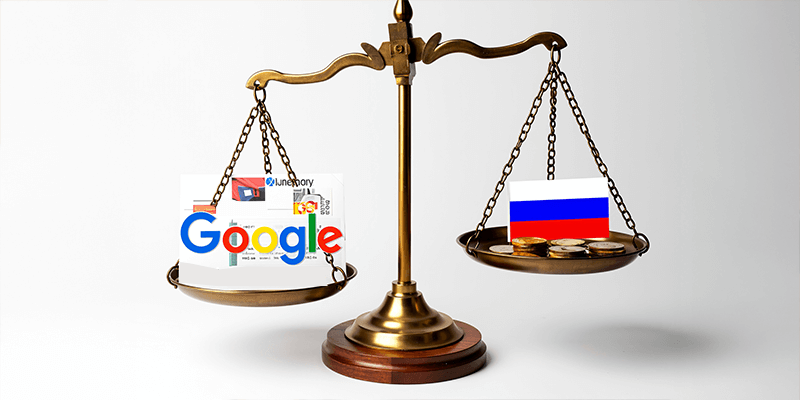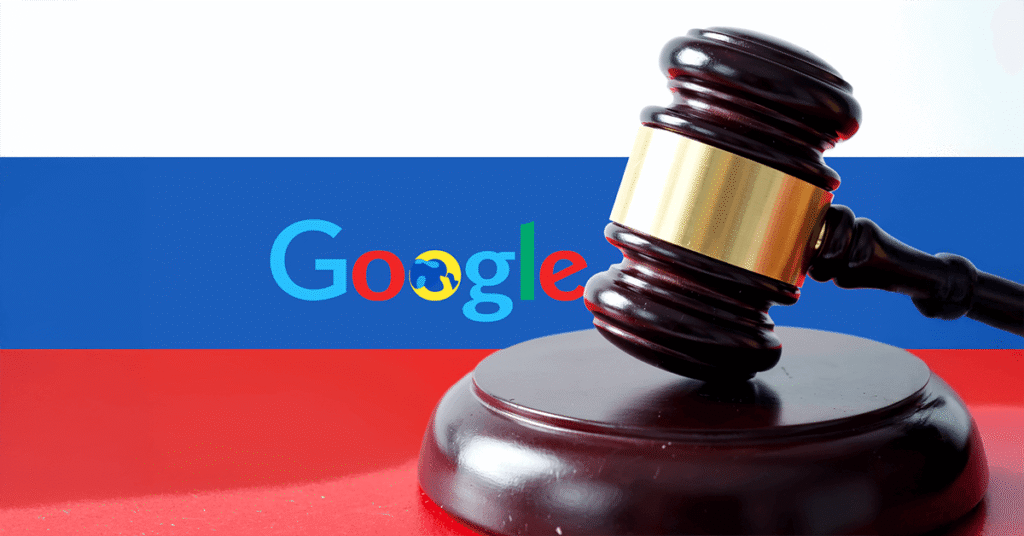The Google fined in Russia story has resurfaced in 2025, as Russian authorities once again hit the tech giant with financial penalties for failing to comply with local regulations. The fine highlights ongoing tensions between Big Tech and governments worldwide, raising questions about sovereignty, censorship, and the future of global digital platforms.
Why Was Google Fined in Russia?
According to Russian regulators, Google allegedly:
- Failed to remove “illegal” or “restricted” content as defined by Russian law.
- Did not fully comply with data localization requirements, which mandate that user data of Russian citizens be stored on local servers.
- Allegedly violated advertising and content distribution rules, linked to political and media control.
For Moscow, this isn’t just about fines—it’s about exerting greater control over the digital ecosystem within its borders.
How Big Is the Fine?
While the exact sum varies by enforcement round, previous penalties against Google in Russia have reached billions of rubles (tens of millions of U.S. dollars).
- 2021–2023 fines: Google was fined multiple times for failing to remove banned content, totaling over $370 million.
- 2025 fine: Analysts suggest the latest penalty could be in the hundreds of millions of rubles, signaling continued aggressive enforcement.
5 Shocking Facts About the “Google Fined in Russia” Case
1. A Pattern of Punishment
This isn’t Google’s first clash with Russian regulators—similar fines have been imposed annually since 2021.
2. A Symbol of Digital Sovereignty
For Russia, penalizing Google is part of a broader effort to promote local platforms like Yandex and VK, reducing dependence on U.S. tech firms.
3. Investor Uncertainty
Alphabet’s investors view these fines as manageable financially, but reputationally damaging—especially as global regulatory risks mount.
4. Global Ripple Effect
Other countries, including India and Turkey, have cited Russia’s regulatory tactics as precedent for pushing stricter Big Tech compliance.
5. The Free Speech Question
Critics argue that Russia’s fines are less about compliance and more about censorship, sparking international debate over human rights and online expression.
Industry Impact: Beyond the Fine
- For Google (Alphabet): Financially, the fines are small compared to overall revenue, but repeated clashes complicate its global operations.
- For Russia: Each fine reinforces its “digital sovereignty” doctrine, encouraging users to shift toward domestic alternatives.
- For Global Tech: The case underscores a trend—governments are no longer afraid to regulate or punish Silicon Valley giants.
Comparison With Other Tech Giants in Russia
| Company | Regulatory Challenges in Russia |
|---|---|
| Google (Alphabet) | Fines for banned content, data localization violations |
| Meta (Facebook/Instagram) | Declared “extremist organization,” banned in Russia |
| Apple | Pressured to pre-install Russian apps on devices |
| Twitter/X | Slowed or blocked for non-compliance |
Google remains one of the few U.S. tech firms still operating in limited capacity in Russia—making it a continued target.

FAQ: Google Fined in Russia
Q1: Why was Google fined in Russia?
Because it allegedly failed to remove banned content and comply with local data laws.
Q2: How much was the fine?
While the exact 2025 fine hasn’t been disclosed, past fines reached hundreds of millions of dollars cumulatively.
Q3: Does this mean Google will leave Russia?
Not yet—Google continues to operate limited services, but faces growing restrictions.
Q4: How does this impact global tech regulation?
Russia’s actions set a precedent for other governments looking to assert digital control.
Q5: Does this affect Google users in the UK, US, or EU?
No direct impact, but it highlights global risks Google faces in regulated markets.
Conclusion
The Google fined in Russia case is more than a financial penalty—it’s a symbol of the ongoing clash between global tech platforms and sovereign governments. For Russia, it’s about control; for Google, it’s about balancing compliance with its global values and operations.
As fines pile up, investors, regulators, and users alike are watching closely. The question remains: Will Google adapt to Russia’s digital sovereignty push, or will the pressure force it to scale back even further?
What’s your take—are these fines about lawful compliance, or about silencing global tech? Share your thoughts in the comments below.

